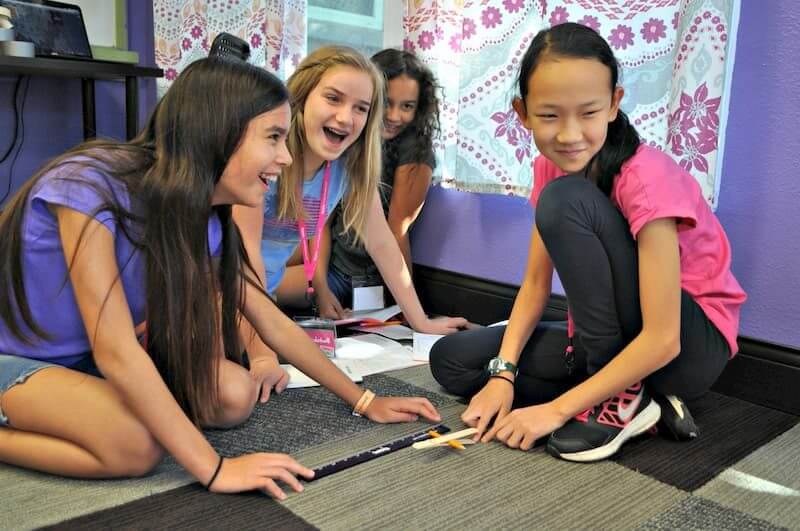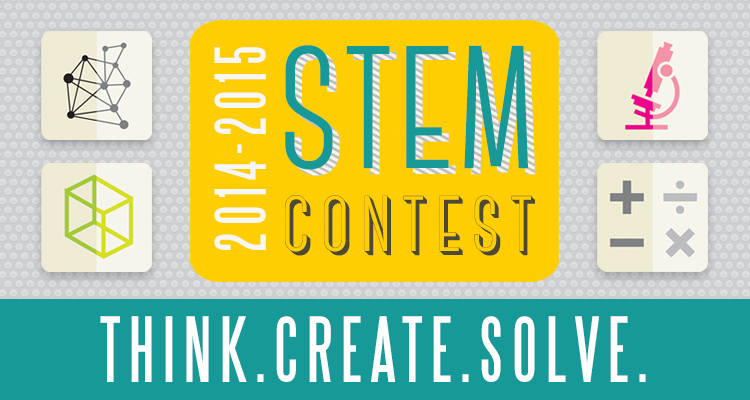
Exploring Integrative STEM Approaches for Education

Exploring Integrative STEM: Shaping the Future of Education
A New Approach to Learning
Integrative STEM education represents a departure from traditional teaching methods, emphasizing the interconnectedness of science, technology, engineering, and mathematics. This innovative approach seeks to prepare students for the demands of the 21st century by integrating these disciplines into a cohesive and comprehensive curriculum.
Breaking Down Silos
In traditional education systems, subjects are often taught in isolation, with little overlap between them. Integrative STEM breaks down these silos, encouraging students to see the connections between different areas of study. By integrating science, technology, engineering, and mathematics, students gain a deeper understanding of how these disciplines intersect and complement each other.
Fostering Collaboration
One of the key benefits of integrative STEM education is its emphasis on collaboration. In today’s interconnected world, the ability to work effectively in teams is essential. Integrative STEM projects often require students to collaborate with their peers, drawing on each other’s strengths and expertise to solve complex problems. This collaborative approach not only enhances learning but also prepares students for success in their future careers.
Hands-On Learning Experiences
Integrative STEM education is characterized by hands-on, experiential learning experiences. Rather than simply memorizing facts and figures, students engage in activities that allow them to apply their knowledge in real-world contexts. Whether building robots, conducting experiments, or designing solutions to environmental challenges, students learn by doing, gaining practical skills and knowledge that will serve them well in the future.
Encouraging Critical Thinking
Integrative STEM education encourages critical thinking and problem-solving skills. Rather than providing students with all the answers, educators pose open-ended questions and challenges that require students to think creatively and analytically. By grappling with real-world problems, students learn to approach challenges from multiple perspectives and develop the resilience and perseverance needed to overcome obstacles.
Preparing for the Future Workforce
In today’s rapidly changing job market, STEM skills are in high demand. Integrative STEM education prepares students for the future workforce by equipping them with the skills and knowledge they need to succeed in STEM-related fields. Whether pursuing careers in science, engineering, technology, or mathematics, graduates of integrative STEM programs are well-prepared to meet the challenges of the 21st century.
Promoting Diversity and Inclusion
Integrative STEM education promotes diversity and inclusion by providing all students with access to high-quality STEM education. By breaking down barriers and stereotypes, integrative STEM programs encourage students from diverse backgrounds to pursue STEM careers. This inclusive approach not only benefits individual students but also strengthens the STEM workforce by bringing together people with different perspectives and experiences.
Adapting to Change
One of the hallmarks of integrative STEM education is its ability to adapt to change. In a rapidly evolving world, educators must constantly update their curriculum to reflect the latest advancements in science, technology, engineering, and mathematics. Integrative STEM programs are designed to be flexible and responsive, allowing educators to incorporate new developments and emerging technologies into their teaching.
Empowering Educators
Implementing integrative STEM education requires skilled and knowledgeable educators. Teachers play a crucial role in designing and implementing integrative STEM curriculum, guiding students through hands-on projects and activities, and fostering a love of learning. Professional development opportunities and ongoing support are essential for empowering educators to effectively integrate STEM into their teaching.
Investing in the Future
As we look to the future, integrative STEM education will play a vital role in shaping the next generation of innovators, problem-solvers, and leaders. By providing students with a well-rounded education that emphasizes critical thinking, collaboration, and creativity, integrative STEM programs empower them to make a positive impact on the world around them. Through continued investment and support, we can ensure that all students have access to the skills and knowledge they need to succeed in the 21st century and beyond. Read more about integrative stem



